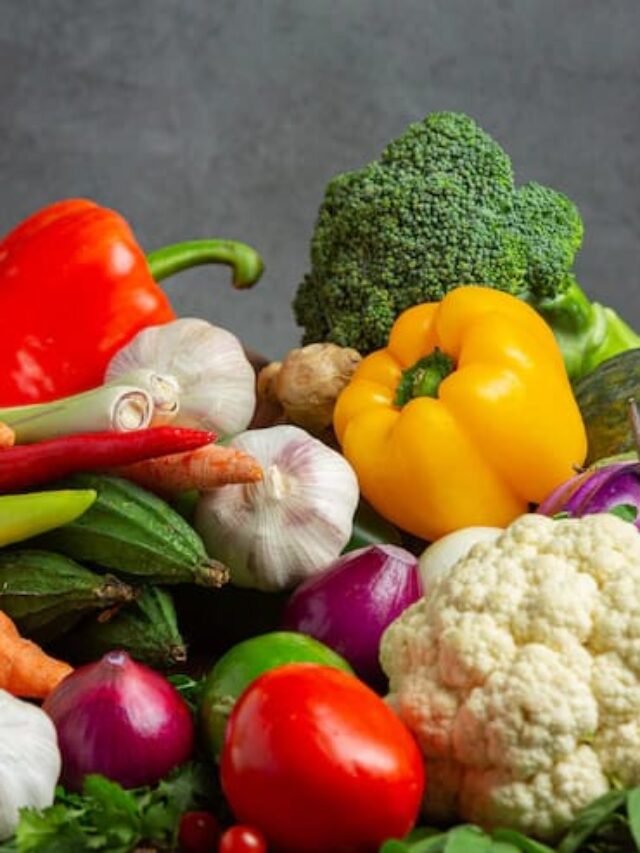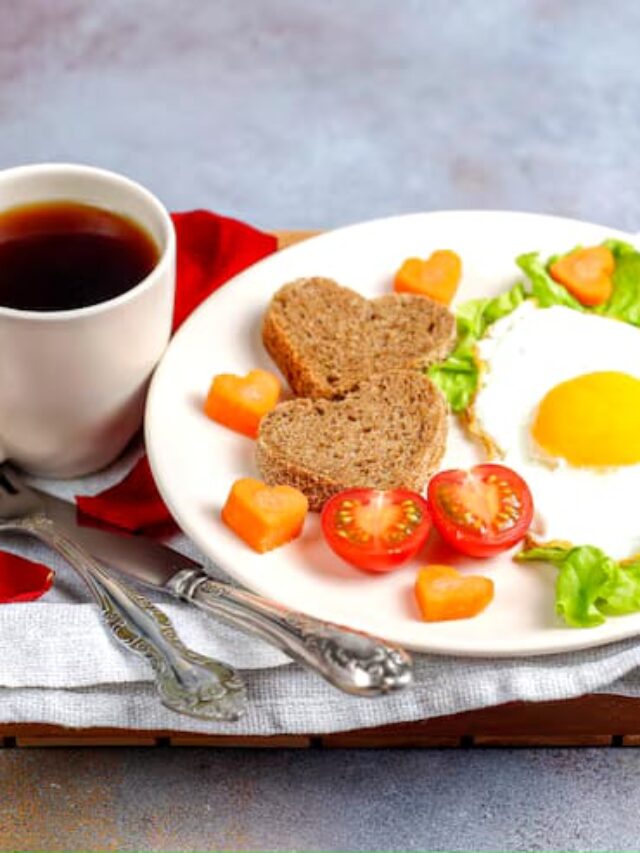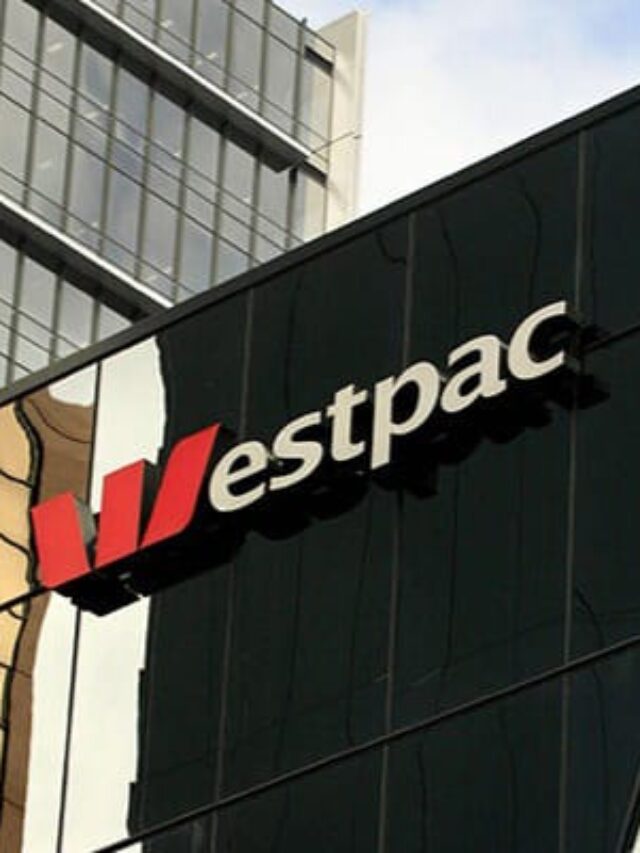How the India-UK Free Trade Agreement Will Help the Clothing, Jewelry, and Scotch Industries
As part of Prime Minister Narendra Modi’s visit to the UK, India and the UK will sign a historic Free Trade Agreement (FTA) on Thursday. Negotiations lasted for almost three years before this.
Following legal clearances from the British Parliament and India’s Union Cabinet, the FTA—India’s first significant bilateral trade agreement with a developed economy in more than a decade—is anticipated to take effect within a year.

India-UK Free Trade Agreement : Who Gains What?
India’s Concessions:
Alcoholic Beverages: Scotch whisky and gin import taxes will drop from 150% to 75% right away and then to 40% over a ten-year period.
Automobiles: Under a quota system, the present 100% tariff on automobiles built in the UK will be lowered to 10%.
Other Goods: A variety of UK goods, such as cosmetics, salmon, chocolates, cookies, and medical equipment, are subject to tariff reductions.
UK’s Concessions:
Indian Exports: Almost all of India’s existing trade value will be covered by the duty-free entry of 99 percent of Indian goods into the UK market.
Winners In Indian Industry
Textiles, footwear, automobile parts, jewelry and gems, furniture, sports products, chemicals, and machinery are among the industries that are anticipated to gain from the FTA. In the UK, several of these are currently subject to tariffs ranging from 4% to 16%.
Indian manufacturers of electric and hybrid vehicles will also gain preferential access under a new quota system.
Some Indian firms that are set to benefit:
- Textiles/Apparel: Welspun India, Arvind Ltd.
- Footwear: Bata India, Relaxo.
- Automobiles and EVs: Tata Motors, Mahindra Electric.
- Engineering: Bharat Forge.
According to British government estimates, the FTA may eventually boost the UK’s GDP by £4.8 billion (Rs 56,150 crore) a year. Lower costs for Indian clothing, footwear, and food items are anticipated to benefit British consumers. Nearly 90% of UK goods will have their tariffs reduced by India.
Improved access to India’s expanding consumer market is anticipated to help UK-based companies like Diageo (Scotch whisky) and British luxury automakers like Aston Martin and Jaguar Land Rover (owned by Tata Motors).
Progressive commitments in the mobility and services sectors are also included in the FTA: Short-Term Entry: Indian yoga instructors, cooks, musicians, and other contractual service providers will have temporary access to the UK.
Social Security Exemption: For a maximum of three years, Indian professionals stationed in the UK would not be required to make social security contributions. This could result in an annual savings of Rs 4,000 crore.
Government Procurement: Non-sensitive federal government procurement tenders in India worth more than Rs 2 billion may now accept bids from UK companies. According to UK estimates, this provides access to about 40,000 tenders valued at around Rs 4.09 lakh crore annually.
Benefits Of FTA
The agreement seeks to improve bilateral investment flows.
Indian Presence in the UK: There are currently around 1,000 Indian businesses operating in the UK, with over 100,000employees and an investment of almost $20 billion (Rs 1.73 lakh crore).
India Investment by the UK: The UK is the sixth-largest foreign investor in India, having invested almost $36 billion (Rs 3.11 lakh crore).
PM Modi will discuss trade, energy, health, education, and security with his British counterpart, Keir Starmer, during his fourth trip to the UK since assuming office in 2014.
On July 25, he will travel to the Maldives.









